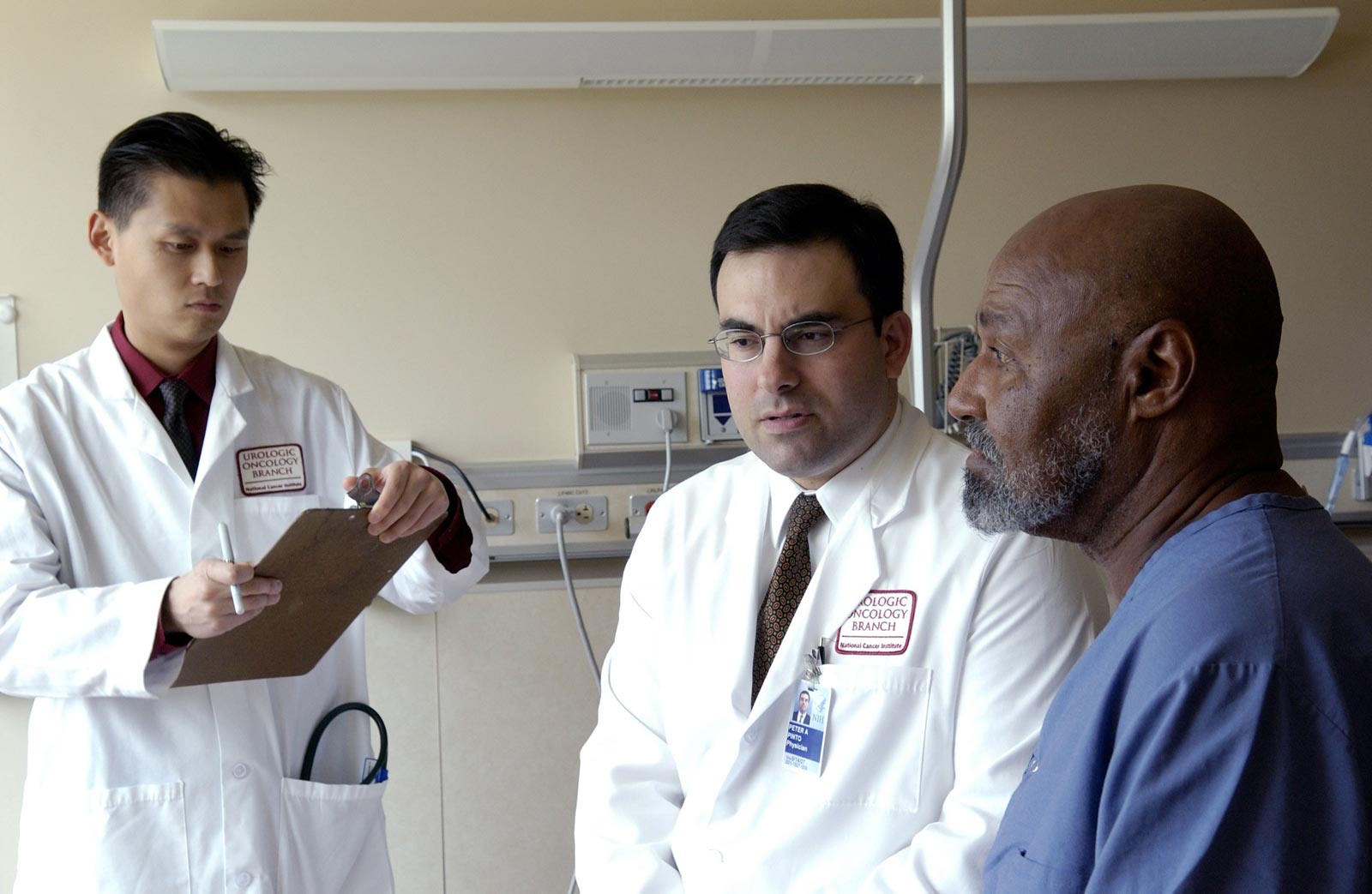Prostate cancer stands as one of the most prevalent cancers affecting men worldwide, but its impact is disproportionately severe among Black men. The statistics are stark and deeply concerning: one in six Black men will be diagnosed with prostate cancer in their lifetime. This rate not only surpasses that of men from other racial and ethnic groups but also brings to light the urgent need for awareness, early detection, and tailored healthcare strategies.
The Disproportionate Risk
The reasons behind the heightened risk of prostate cancer in Black men are multifaceted, involving a complex interplay of genetics, environment, access to healthcare, and social determinants of health. Research indicates that Black men are not only more likely to be diagnosed with prostate cancer but also have a higher risk of developing aggressive forms of the disease at a younger age. This disparity is compounded by later-stage diagnosis and lower survival rates, underscoring the critical need for targeted research and intervention.
Understanding Prostate Cancer
Prostate cancer begins in the prostate gland, which is found only in men and is responsible for producing some of the fluid in semen. The growth of cancer cells in this gland can be slow and confined to the prostate in many cases, posing minimal risk. However, some types are aggressive and can spread quickly, making early detection and treatment vital.
Symptoms and Early Detection
In its early stages, prostate cancer may not present any symptoms. As the disease progresses, symptoms such as trouble urinating, blood in urine or semen, erectile dysfunction, pain in the hips, back, or chest, and weakness or numbness in the legs or feet can emerge. Regular screening can lead to early detection when the cancer is most treatable. The American Cancer Society recommends discussing prostate cancer screening with a healthcare provider at:
- Age 50 for men at average risk of prostate cancer who are expected to live at least 10 more years.
- Age 45 for men at high risk, including Black men and those with a first-degree relative diagnosed with prostate cancer at an early age.
- Age 40 for men at even higher risk, with more than one first-degree relative who had prostate cancer at an early age.
Tackling the Challenge
Promoting Awareness and Education
Raising awareness about the risk of prostate cancer among Black men is crucial. Education on the importance of early screening and understanding potential symptoms can empower individuals to seek medical advice promptly.
Improving Access to Healthcare
Addressing disparities in healthcare access is essential for early diagnosis and treatment. Efforts to provide culturally sensitive healthcare education, increase the availability of screening programs, and ensure equitable healthcare services are vital steps towards reducing the incidence and mortality rates of prostate cancer among Black men.
Research and Advocacy
Continued research into the reasons behind the increased risk and aggressive nature of prostate cancer in Black men is essential. Advocacy for funding and support of such research, alongside policies aimed at reducing healthcare disparities, can contribute to better outcomes.
In Conclusion
The statistic that one in six Black men will be diagnosed with prostate cancer in their lifetime is a stark reminder of the racial disparities that persist in health outcomes. It underscores the importance of concerted efforts in education, healthcare access, and research to address this critical public health issue. By fostering an environment of awareness, support, and action, we can work towards changing this alarming statistic and ensure that all men have the opportunity for early detection and effective treatment of prostate cancer.







